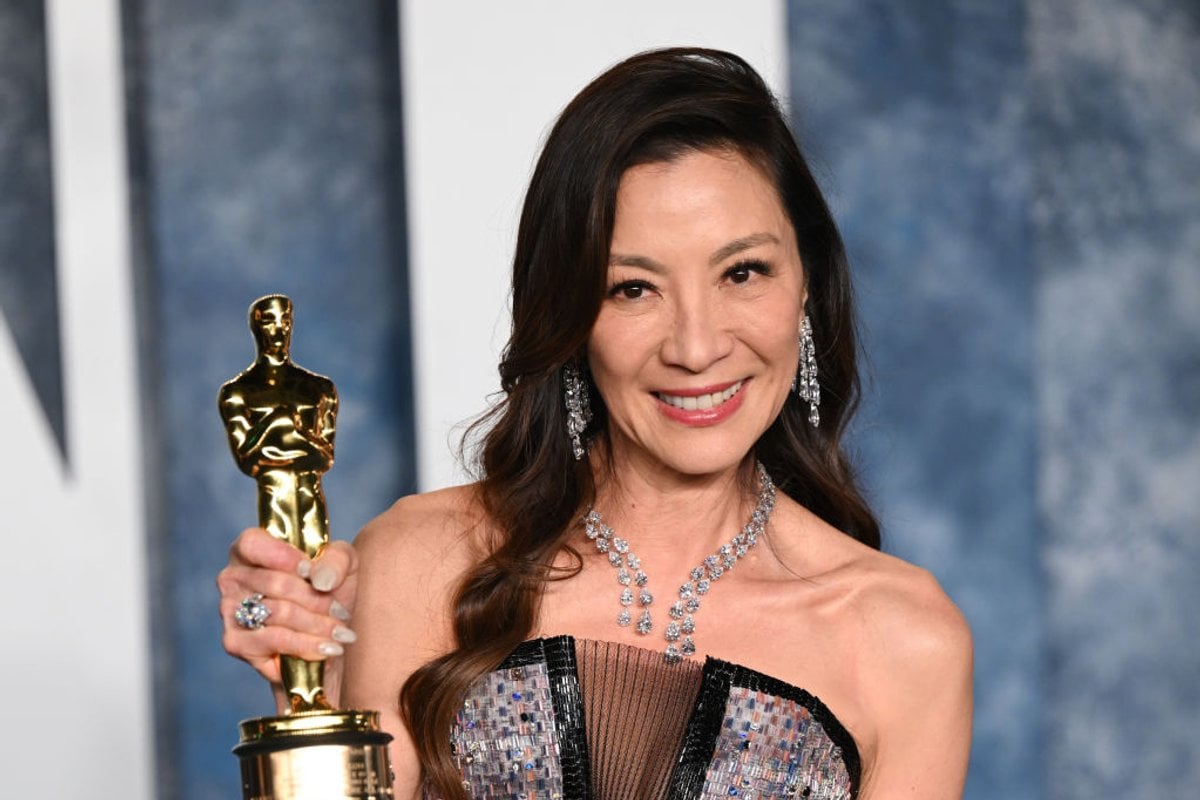
It sounds unbelievable but in the Oscars’ nearly 100-year history, Michelle Yeoh is only the second woman of colour to take home the prestigious title of Best Actress.
The 95th Academy Awards was a display of triumphs, with people of colour coming out on top. Along with Yeoh, the world is celebrating the achievements of Ke Huy Quan who is the first Asian person to win Best Supporting Actor; composer MM Keeravani, who accepted the award for Best Original Song for Telugu track Naatu Naatu (which is also the first Indian film song to win an Oscar); and Ruth E. Carter, the first black woman to win two Academy Awards.
Not to mention the film Everything Everywhere All At Once, a movie with a predominantly Asian cast, that managed to take home five Academy Awards, including Best Picture.
Watch: Michelle Yeoh’s Emotional Golden Globes Speech. Story continues after video.
It feels as if in 2023, the tides are finally turning, and the Academy is starting to recognise the immense amount of talent found within communities of colour, but is it really? Quan, who has firmly cemented himself as the most lovable man in Hollywood, was overwhelmed with emotion as he accepted his award.
“My journey started on a boat. I spent a year in a refugee camp. Somehow, I ended up on Hollywood’s biggest stage,” he said through tears. “They say stories like that only happen in the movies; I can’t believe it’s happening to me. This is the American dream!”


Top Comments